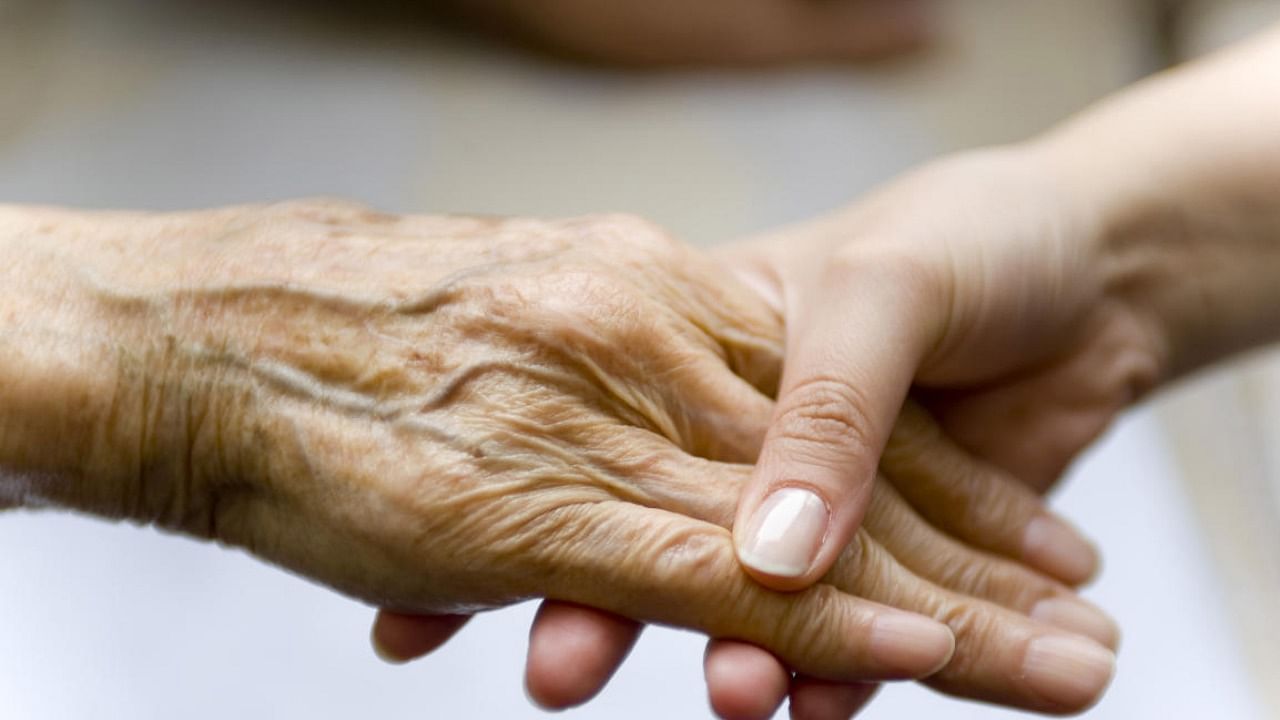
After Covid-19, elderly people across the world are believed to have suffered depression following isolation. Even today, it is not uncommon to see seniors over 80 or 90 crumble under sheer loneliness. If you had the good fortune to care for someone like that, it is “good fortune,” even though it may be mentally exhausting and physically overwhelming. It is a labour of love that cannot be measured in terms of money or rewards.
Most of us become caregivers for someone dear to us. This also makes it emotionally taxing if the patient has an incurable disease whose prognosis is staring you in the face. She may have to consult a counsellor herself to learn how to face this experience.
Medical and nursing colleges should start courses in counselling to train caregivers to be involved, concerned, and kind. Unlike nursing, which begins and ends with giving injections, feeding with tubes, and finishing the chores associated with a helpless, bedridden patient, we need recognised courses in caregiving that call for more sensitivity. It means doing the same nursing duties with unconditional love and concern. This is not a course taught with textbooks and examinations. If the student does not have the qualities that make caring an act of kindness, she should be disqualified from the course right away.
I was a caregiver once for a Stage 4 cancer patient who was given 12 weeks to live and “settle his affairs.” He also happened to be my husband. The five years of life we spent together after he was diagnosed with the dreaded non-small cell cancer taught me more than any formal university course, text, or exam. My strength probably came from undemanding affection. My courage also came from that masterpiece, “The Emperor of All Maladies,” by physician and oncologist Siddhartha Mukherjee. With these two strengths to support me, I slipped into the role of carer easily.
Every human being will get this opportunity at least once in their lifetime. Why do we then dread it? Fear of taking responsibility? Florence Nightingale described it as “despicable.”
She despised fellow workers not because they were afraid to fail but because they feared that they might be blamed for failure. A caregiver has to have the courage to face criticism, turn a deaf ear to unsolicited advice, and take the burden of blame if their ward dies. Unknown friends and relatives may freely offer unsolicited advice. These are the additional burdens of caregiving. Those who have experienced it all can relate to what I am saying.
Caregivers, whether they are professionals or family members, must have the patience to perform their daily duties like bathing, dressing, and supervising the intake of food and medicines with care and concern. Especially in the business of administering medicines, which is the most important aspect of caregiving. It must be done professionally, with a list of tablets to be given, the time, and the quantities included. A small error may have disastrous consequences, especially for serious illnesses.
There are other tasks like marketing for groceries, cooking food according to the patient’s taste and medical condition, looking after the patient’s regular needs like exercising, bathing, dressing, and a million other odd jobs to make her comfortable. It’s a tall order and something that calls for unlimited patience and persuasion.
If you also have to do other tasks, like taking your patient to the doctor, it becomes a herculean task. You will not find the time or have the energy left to talk to her and keep her engaged. This will worsen matters, as your patient will feel neglected without even understanding your own stresses. It’s a no-win situation, and you will start crumbling under the strain. Caregiving will turn into a nightmare unless you put things in their place.
One must learn to prioritise one’s responsibility and explain to your patient that you are breaking under the strain and need help looking after her. Get her accustomed to new helpers and new faces. Make her lessen your work by agreeing to get along with others. Unless you are strict and insist on your own needs, the situation will derail. Carers are sometimes known to break down mentally and physically.
Yet, it can be rewarding. It may help to strengthen connections with a loved one. A recent experience opened my eyes to the true meaning of love, which has no boundaries. But you need to make sure that you are not ignoring your own needs while caring for another. You have to take care of your own physical and mental health and not let yourself be overwhelmed. Real caregiving includes
you first.